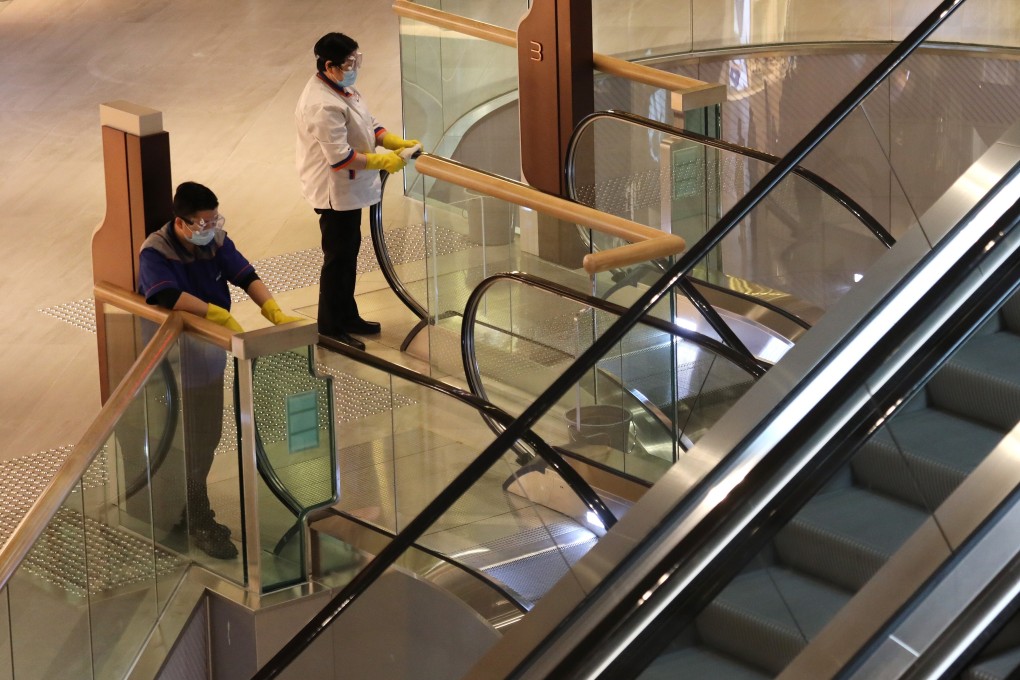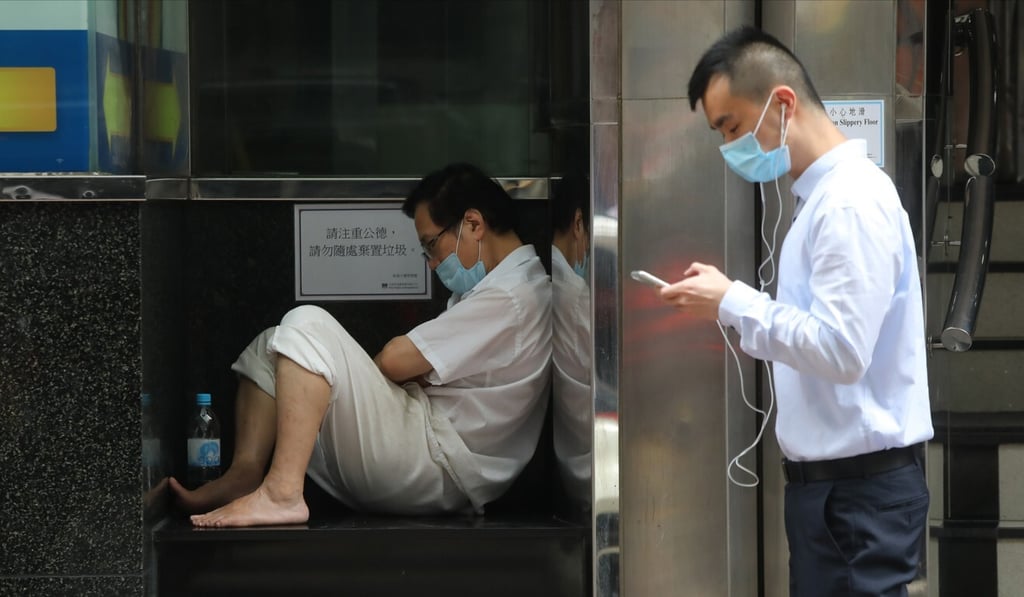Advertisement
Improper to raise minimum wage in battered economy, Hong Kong business leader says, warning more unpaid leave could follow move
- City’s worst paid make HK$37.50 an hour. In New York, level is HK$116.20 and in Britain HK$64
- Federation of Hong Kong Industries chief says decision not to extend wage subsidy scheme also a threat to businesses
Reading Time:3 minutes
Why you can trust SCMP

Raising the minimum wage would be inappropriate in a struggling economy, a Hong Kong business leader said on Sunday, despite other places increasing what the lowest paid make per hour.
Federation of Hong Kong Industries honorary president Jimmy Kwok Chun-wah defended the sector’s suggestion the benchmark remain at HK$37.50 (US$4.80), and warned more workers could be forced to take unpaid leave, especially now that the government had decided not to extend the wage subsidy scheme.
In contrast to Hong Kong, the hourly minimum wage in New York is US$15, and in Britain, the national minimum wage for adults over the age of 21 has been £6.50 (HK$64) an hour since 2014.
Advertisement
“Some workers already had to go on unpaid leave, while others had their wages cut. It seems inappropriate for the minimum wage level to go up now,” Kwok said on a television programme.

Advertisement
Sources said earlier this week that members of the Minimum Wage Commission had failed to reach a consensus on a new level for the index since it was introduced in 2011.
Advertisement
Select Voice
Select Speed
1.00x